Morocco's farming revolution: defying drought with science
)
In the heart of sun-soaked Morocco, scientists are cultivating a future where tough crops defy a relentless drought, now in its sixth year.
"Look at these beautiful ears of wheat," said Wuletaw Tadesse Degu, the head of wheat breeding at the International Center for Agricultural Research in Dry Areas (ICARDA).
"The difference in quality between our field and others is striking," he said, pointing towards a lush expanse in Marchouch, south of Rabat, that stood in stark contrast with the barren lands elsewhere.
By 2040, Morocco is poised to face "extremely high" water stress, a dire prediction from the World Resources Institute, a non-profit research organisation.
Figures from the North African country's central bank paint a grim picture.
Cultivated areas across the kingdom are expected to shrink to 2.5 million hectares in 2024 compared with 3.7 million last year, with cereal yields more than halving to 25 million quintals (2.5 million tonnes) over the same period.
"It has become essential to use resilient seeds and to employ them as quickly as possible," said Tadesse, whose centre recently inaugurated a plant gene bank.
- Adapted genotypes -
Tadesse's mission is to develop genotypes that not only withstand drought and heat but also yield abundantly.
Last year, while the nation struggled, Marchouch achieved a yield of four tonnes per hectare with just 200 millimetres of rainfall.
Controlled irrigation and strategic sowing techniques are behind this agricultural revolution.
Looking to maximise production, farmers are experimenting with planting times and judicious irrigation.
Even a scant 10 millimetres of water, carefully applied, transformed barren soil into thriving fields.
Barley, too, has seen a resurgence, with yields jumping from 1.5 to two tonnes per hectare last year, thanks to climate-smart genotypes, said Miguel Sanchez Garcia, a barley specialist at ICARDA.
The centre, which operates in 17 countries in Africa and Asia, says it has developed 30 "elite lines" of grain.
Most of them are produced in Morocco by breeding genotypes of wild wheat with different ancestors, said ICARDA genetics researcher Ahmed Amri.

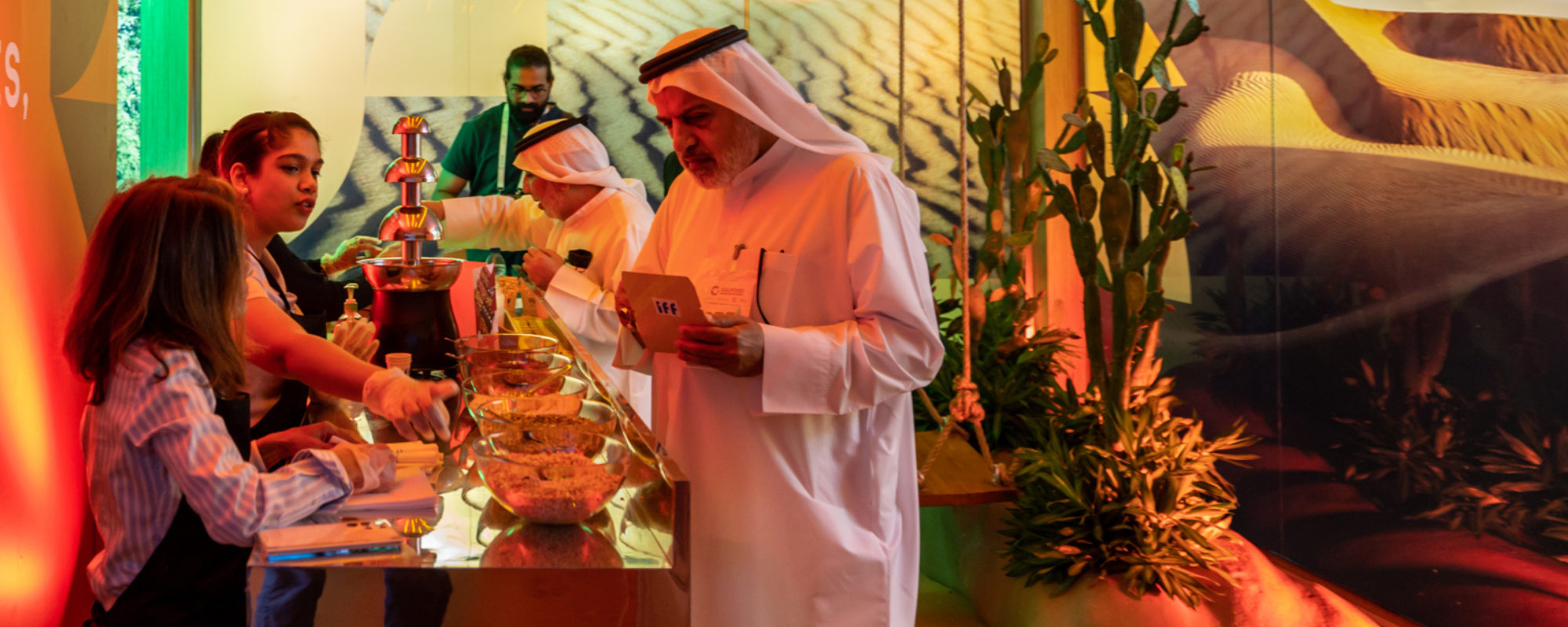

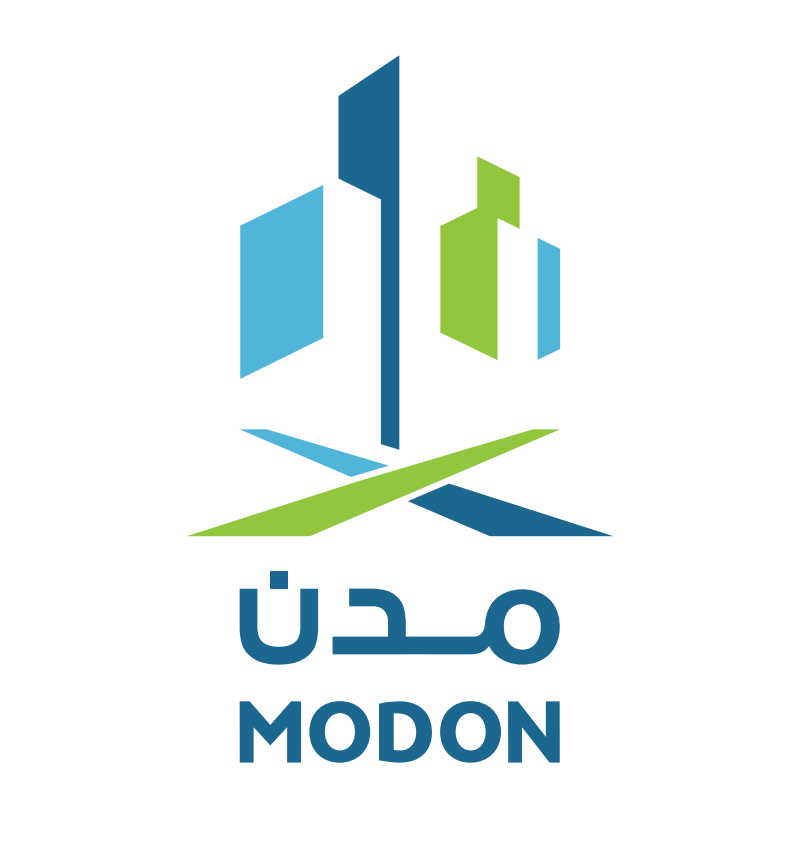
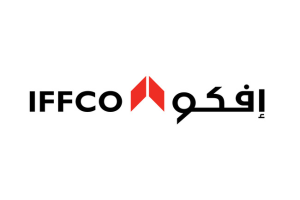
)
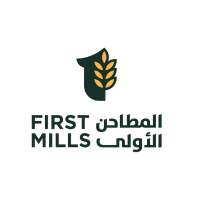




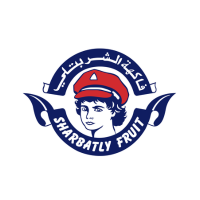
.png)
)
)


)
)
)
)
)
)
)
)
.png/fit-in/500x500/filters:no_upscale())
)
)
)
)
)